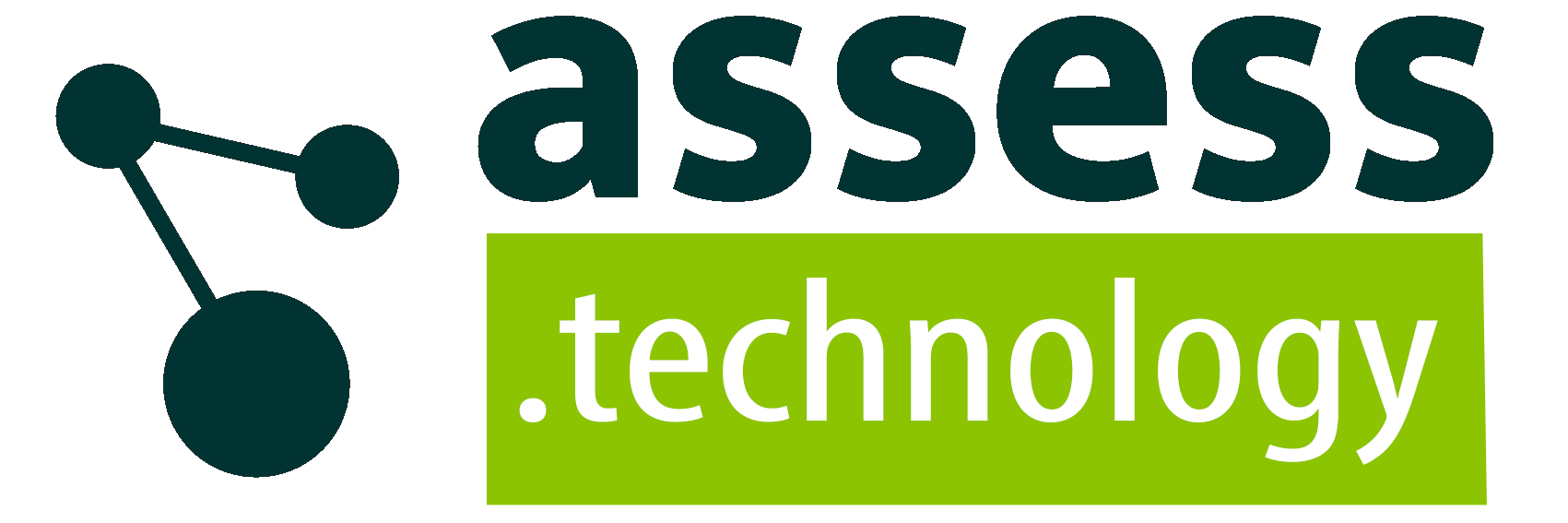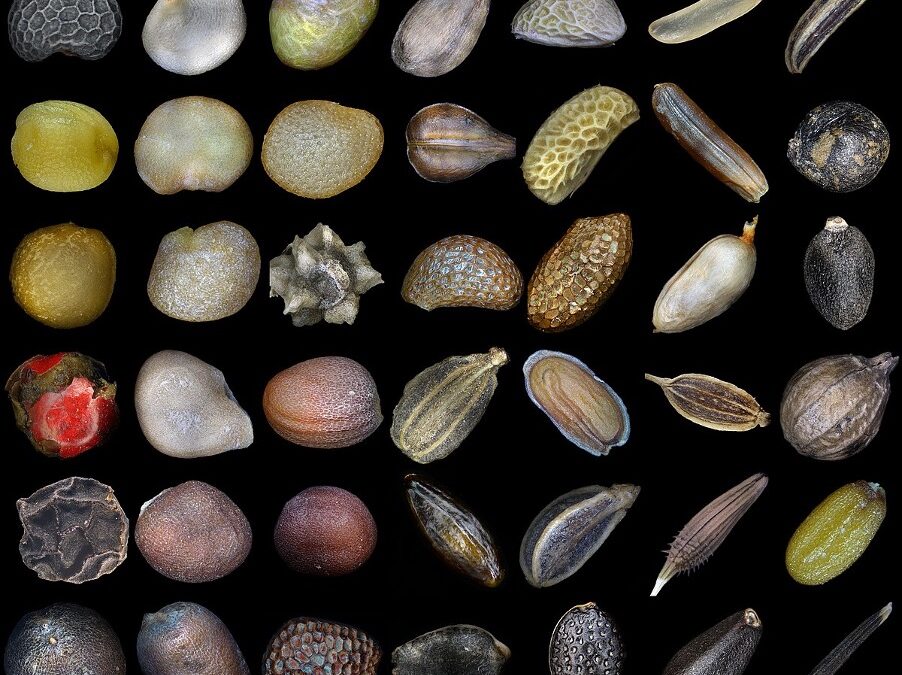An AfriTAP newsletter, February 2024
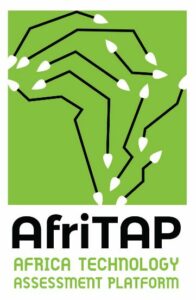
AfriTAP presents our fourth newsletter. This newsletter highlights developments in new technologies in Africa, in the areas of geoengineering, agriculture, genetic technologies and digital technologies. We hope you find this useful. Please do share this newsletter and encourage others to sign up.
What is AfriTAP? AfriTAP is the short name for the African Technology Assessment Platform, (in French, PEMTAfrique, Platforme d’Evaluation Multidimensionelle des Technogies en Afrique). This is an initiative of African and International civil society groups working together to track, understand and respond to new technologies that are reshaping our lives and environment.
AfriTAP is led by HOMEF (Nigeria), CESAO and Terre a Vie (Burkina Faso), IRPAD (Mali), (Burkina Faso) and ETC Group (international) and hopes to grow into a continent-wide network. Our aim is to remain vigilant with respect to which new technologies are being introduced to the continent and to ensure that civil society organizations have relevant information to be able to evaluate, strategize and organize. For more information see: https://assess.technology/regional-technology-assessment-platforms/africa
This edition’s contents:
Geoengineering Technologies
- At UNEA-6, Hands Off Mother Earth Alliance ‘Don’t Geoengineer Africa’ Working group rejects narrative that Africa should be at the forefront of geoengineering research
Agricultural Technologies
- South Africa’s Minister of Agriculture makes decision on the regulation of new technologies
- AFSA launches a study on farmers’ seeds in 9 African countries
Genetic Technologies
- UK company Oxitec to use genetically modified mosquitoes to eradicate malaria in Uganda
- Gates Foundation gives US$15 million for gene drive development in Tanzania
- Cape Verde becomes the fourth African country to eradicate Malaria
- Burkina Faso’s government authorizes the introduction of malaria vaccine. Niger, Liberia and Sierra Léone to follow
- The African Union supports Target Malaria’s project in Burkina Faso
Digital Technologies
- Huawei to invest US$430 million in 28 African countries
- Content moderators laid off by Sama struggle to form a union
International Negotiations
- UN climate conference COP18 in the UAE lets big polluters off the hook and gives centrality to Carbon Capture and Storage technology
Geoengineering Technologies
At UNEA-6, Hands Off Mother Earth Alliance ‘Don’t Geoengineer Africa’ Working group rejects narrative that Africa should be at the forefront of geoengineering research
As the sixth session of the United Nations Environment Assembly (UNEA) is due to begin on February 26 2024, the Hands Off Mother Earth Alliance, ‘Don’t Geoengineer Africa’ Working group reject the narrative that Africa should be at the forefront of geoengineering research, as suggested by proponents of geoengineering. Geoengineering refers to large-scale interventions in the earth’s oceans, soils and atmosphere with the aim of reducing the effects of climate change but without addressing the root causes of the climate crisis. The working group argues that climate change would continue and those that control geoengineering technologies would make a business out of it. One type of geoengineering, Solar Radiation Management (SRM) attempts to reflect sunlight back into space, and includes ideas like spraying sulphates into the atmosphere and modifying clouds, plants and ice to make them reflect more sunlight.
If deployed at large scale, it could have devastating impacts on the African continent, including exacerbating droughts. A resolution on SRM is to be debated at the UNEA-6 assembly, which includes a proposal to establish a “group of experts” to report on solar geoengineering. The HOME Africa working group points out that this resolution presents a risk for the further normalization of geoengineering technology in fighting climate change. The group also argues that confining geoengineering discussions to a group of experts could exacerbate South-North biases, giving voice to the same scientists that are working to facilitate geoengineering.
The group is calling on African governments and officials to enact a ban on all geo-engineering technologies in Africa; to support and strengthen current UN moratoria on geoengineering at the Convention on Biological Diversity (CBD) and the London Convention; to forbid open air experiments and to consider to join the proposal for a Solar Geoengineering Non Use Agreement. Ninety four research and pilot geoengineering projects are currently being conducted on the African continent.

Agricultural Technologies
South Africa’s Minister of Agriculture makes decision on the regulation of new technologies
The South African Minister of Agriculture made a final decision in response to an appeal lodged by a consortium of agricultural industry actors under the Agricultural Business Chamber of South Africa (AGBIZ). The Minister’s decision states that the existing risk assessment framework for GMOs (genetically modified organisms) applies to new breeding techniques (NBTs). New breeding techniques comprise new genetic engineering technologies in agriculture.
According to the African Centre for Biodiversity, the Minister’s decision is a gamechanger, not only for South Africa, but for “the continent.” ACB argues that new breeding techniques “alter the genetic material of plants, animals, and microbes, using synthetic guides, with the express goal of changing organisms’ DNA” and that they are “intended to function as colonial mechanisms to entrap agricultural and food systems, and secure and capture new markets for industrially produced corporate-owned seed, and should therefore be banned.” In contrast to South Africa, Kenya, Ghana, Malawi, and Nigeria have adopted approaches not to regulate these technologies in terms of biosafety legislation.
AFSA launches a study on farmers’ seeds in 9 African countries
The Alliance for Food Sovereignty in Africa (AFSA) has published 21 seed case studies from 9 African countries including from landscapes such as equatorial wetlands in Gabon, hostile environments in Niger and saline soils in Tanzania. The studies showcase the diversity of seeds that communities have developed, which have proven to be more productive and nutritious than improved varieties. AFSA notes that farmers across Africa are being forced to abandon their seed systems and “bullied into buying hybrid seeds every year from the seed companies. Diversity is being replaced by uniformity, as commodity mono-crops push out indigenous varieties, and farmers’ resilience to climate change is undermined.” These studies are intended to scale up positive narratives about farmers seed varieties which have been undermined by corporations. A related publication is a new book, African Perspectives on Agroecology: Why Farmer-Led Seed and Knowledge Systems Matter,” which includes the voices of 33 farmers, activists, scientists, scholars and policymakers. The book is available for download here: https://practicalactionpublishing.com/book/2698/african-perspectives-on-agroecology

Genetic Technologies
Oxitec to use genetically modified mosquitoes to eradicate malaria in Uganda, imports mosquitoes to Djibouti
The biotechnology company Oxitec is partnering with the Uganda Virus Research Institute (UVRI) and the Ugandan Ministry of Health to develop genetically modified mosquitoes for malaria control. Oxitec’s genetic modification technique works by releasing modified males, which then reproduce with females, and the offspring inherit a copy of the self-limiting gene. This gene interferes with the insect’s normal development and its ability to survive into adulthood. Oxitec is also developing a program for malaria-eradication in Djibouti. In January 2024, the company announced the importation of modified Anopheles stephensi mosquitoes in laboratories throughout Djibouti City. Together with the Djibouti Government’s National Malaria Control Program, and the public health non-for-profit Association Mutualis, Oxitec is planning field pilots of the technology, including government and community led mosquito releases in the coming year. Oxitec is a US-owned biotechnology company with its headquarters and research and development based in the UK. According to a report by the Third World Network and the African Centre for Biodiversity, Oxtec’s open releases of GM mosquitoes pose risks to local human populations and their environment, and there is no evidence that the technology works. In 2018, the Environmental Health Minister in the Cayman Islands confirmed that trials of Oxitec’s GM mosquitoes there did not work and would be abandoned. Oxitec’s releases of GM mosquitoes in Panama and Malaysia also ceased. Nevertheless, the company is continuing to deploy its technology in countries including the US, Brazil and Panama.
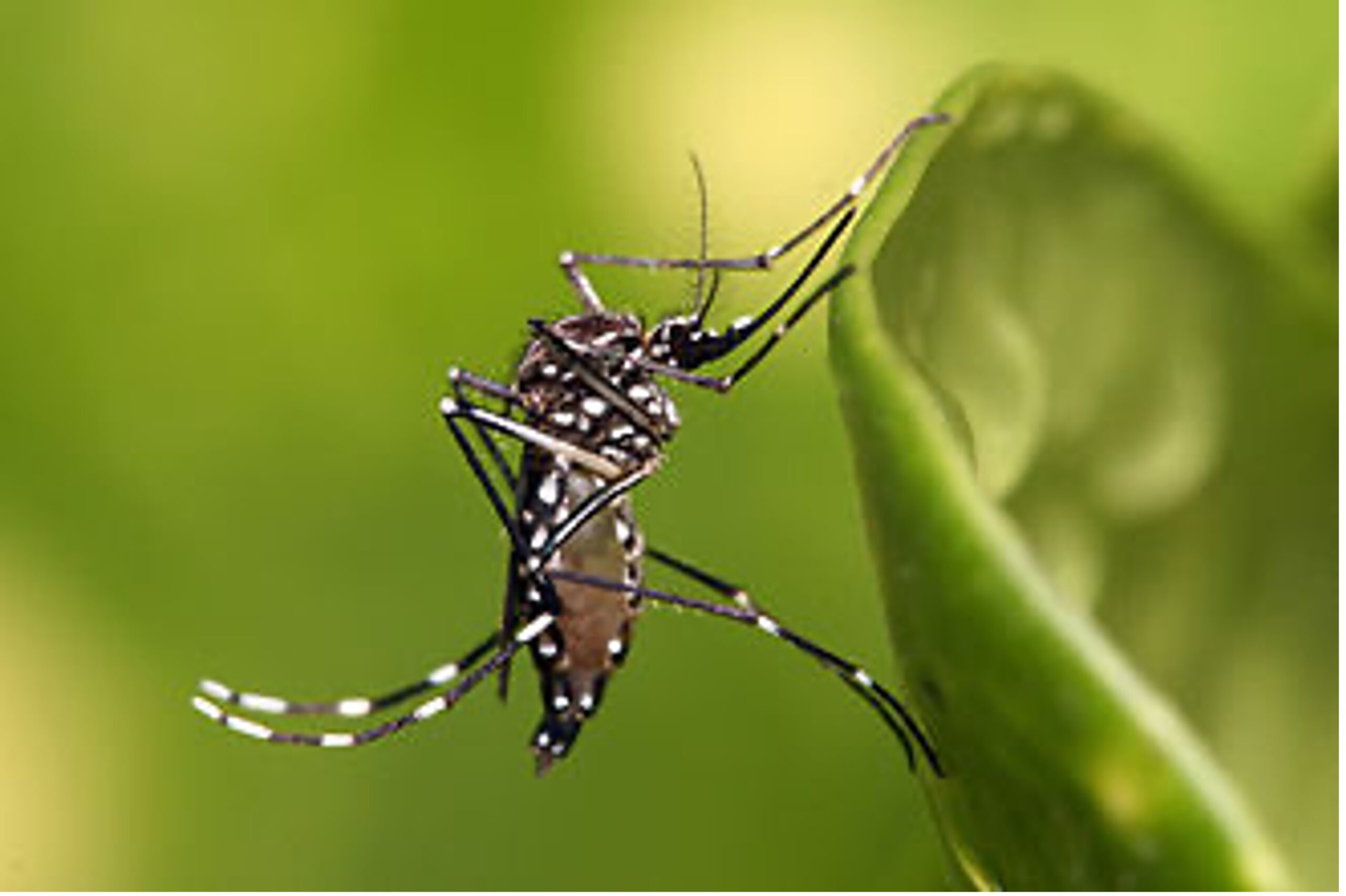
Gates Foundation gives US$15 million for gene drive development in Tanzania
An international research programme, Transmission Zero, which has partnered with the Tanzanian Ifakara Health Institute and Imperial College London, received a US$15 million grant from the Gates Foundation in order to develop its next phase of expansion. In 2022, Transmission Zero announced the development of a genetic modification technique that causes mosquitoes to produce compounds in their guts that stunt the growth of parasites, meaning they are unlikely to reach the mosquitoes’ salivary glands and be passed on in a bite before the insects die. In April 2023, Transmission Zero announced the creation of the first transgenic mosquito in Africa. This technology is intended to be used with gene drive technology, the latter a technology that spreads a modified gene throughout a population, causing its collapse. Gene drive technologies and related genetic engineering technologies have been widely critiqued and global food movement leaders voiced their opposition to the technology for its possible consequences on food and farming systems.
The African Union supports Target Malaria’s project in Burkina Faso
At the end of 2023, a representative of the African Union Development Agency (AUDA)-NEPAD, Jérémy Ouédraogo, visited Target Malaria researchers in Bobo Dioulasso in Burkina Faso, the city close to where experiments with gene drive mosquitoes are being carried out. Target Malaria is a Gates Foundation funded research institute which has been carrying out research into gene drive mosquitoes, and Burkina Faso is the country where Target Malaria’s project is most advanced. Gene drive organisms are created by genetically engineering a living organism with a particular trait, and then modifying the organism’s reproductive system to force the modified gene onto future generations, spreading the trait throughout the entire population. The AU-NEPAD intends to provide technical support to countries in Africa including Burkina Faso on the use of biotechnology in vector control. AUDA-NEPAD supports gene drive technology for malaria eradication, and in a report, states that gene drives present realistic options for effective disease control. A few weeks after AUDA-NEPAD’s visit, Target Malaria met with civil society actors in Bobo Dioulasso to reassure the population, some of whom believe that the 2023 dengue epidemic in Burkina Faso was related to the genetic engineering of mosquitoes. Civil society groups were not properly consulted before Target Malaria began its experiments on genetically modified mosquitoes in Burkina Faso and the question of consent has caused controversy in the last years.
Cape Verde becomes the fourth African country to eradicate Malaria
In January 2024, Cape Verde became the fourth African country to eradicate malaria, after Morocco, Algeria and Mauritius. The islands had malaria epidemics in the past, but the illness was confined to just two islands from the 1980s onward: Santiago and Boa Vista. Since 2017, neither of the islands have recorded cases of malaria. Cape Verde is the 44th country in the world to have eradicated malaria. In certifying the country as malaria-free, the World Health Organization attributed its success to expanded diagnosis, early and effective treatment, and investigating all cases. In order to stop transmission and the spread of the disease from mainland Africa, diagnosis and treatment were provided free of charge to international travelers and migrants. The WHO noted that collaboration between government ministries, such as the Ministry of Health, Agriculture and Environment, as well as between community-based organizations and NGOs demonstrated a holistic approach to public health. The success of Cape Verde demonstrates that it is possible to eradicate malaria with a strong public health sector, and without risky new technologies such as gene drives.
Burkina Faso’s government authorizes the introduction of malaria vaccine. Niger, Liberia and Sierra Léone to follow
Burkina Faso is the second country in Africa after Cameroon, to introduce the RTS,S malaria vaccine into its regular immunization program. Liberia, Niger and Sierra Leone will be next to deploy the vaccine later this year. this year. The vaccine was developed by the pharmaceutical giant GlaxoSmithKline (GSK) and PATH, a non-profit health organization. Another malaria vaccine called R21, which was developed by the University of Oxford and the Serum Institute of India Pvt Ltd, was approved by the World Health Organization (WHO) and is supposed to be rolled out in the coming months. The R21 vaccine was used on children in trials in Burkina Faso, Kenya, Mali and Tanzania and Ghana was the first country to approve the vaccine last year in 2023. According to trials, the RTS,S vaccine caused malaria cases to drop among those who have been immunized, and also reduced the numbers of deaths from malaria. In Burkina Faso, there have been a number of critiques of the RTS,S vaccines and a preference for the R21 malaria vaccine, as a result of the influence of the Bill and Melinda Gates Foundation in financing the vaccine’s development. The RTS,S vaccine’s development has been funded by the US government, GlaxoSmithKline and the Gates Foundation.

Digital Technologies
Huawei to invest US$430 million in 28 African countries
In October 2023, the Chinese telecommunications company Huawei announced a 5-year investment initiative of US$430 million in 28 African countries that lie north of the equator. The initiative, called Accelerate Intelligence for New Africa, is to be a blueprint for Africa’s digital future and is built around the integration of smart technologies, including artificial intelligence (AI), in sectors like health, education, transportation, finance, agriculture, and mining. US$200 million will go into creating the first public cloud centre in the region. Huawei also plans to train thousands of local developers and digital professionals to create a “skilled workforce to drive intelligent transformation in the region.” Huawei subsidiaries own up to 70% of all 4G networks across Sub-Saharan Africa and in February 2024, Huawei and MTN completed Africa’s first scale deployment of an 800G optical network in South Africa, connecting data centres in Johannesburg, Durban and Cape Town. In October, a Forum on China-Africa Digital Capacity Building Cooperation was held in Beijing with digital cooperation as the main focus. These developments are evidence of the development of China’s Digital Silk Road (DSR) which was introduced by the Chinese government in 2015, as part of its Belt and Road Initiative (BRI), the country’s strategy to connect Asia, Africa and Europe through land and maritime networks to increase integration, trade and economic growth. China’s DSR focuses on improving digital connectivity and promote digital economic growth: it is described as the “cyber and technological element” of the BRI.
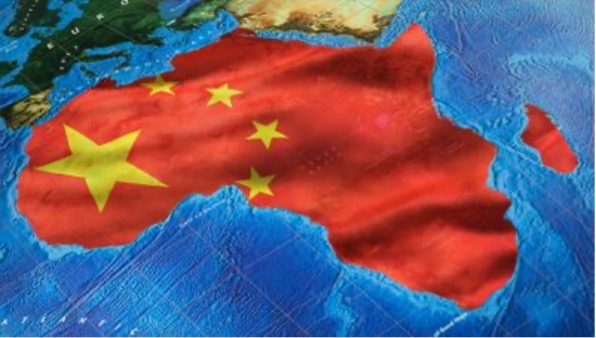
Content moderators laid off my Sama struggle to form a union
In our last newsletter, we wrote about how ChatGPT’s creator, OpenAI, paid Kenyan workers less than $2 a day to remove content with violence, hate speech and sexual abuse from the chatbot. OpenAI outsourced this work to Sama, a San Francisco based company with workers in Kenya and other countries. Now, one of the employees whose contract was discontinued by Sama, Nathan Nkunzimana, has spent the last months organizing former employees of Sama to get their jobs back. Nkunzimana claims that Meta and Sama fired content moderators for protesting working conditions and demanding the right to unionize. Sama did not renew the contracts of 249 of its moderators. Nkunzimana has been trying to register a union, called the Kenyan Content Moderators’ Union, to lobby for the rights of content moderators in the country. Nkunzimana is also among those coordinating with lawyers for a court case registered by the Kenya Human Rights Commission against Sama.
International Negotiations
UN climate conference COP28 in the UAE lets big polluters off the hook and gives centrality to Carbon Capture and Storage technology
The 28th UN climate change conference took place in early December 2023 in Dubai, in the United Arab Emirates. The final COP document included a number of decisions which will likely worsen the climate crisis. Although the words “transitioning away from fossil fuels” were mentioned in the outcomes, they were accompanied by conditionalities, contradictory provisions and loopholes which allow big polluters off the hook. Objections from developing countries that are likely to be impacted by climate change were ignored by Sultan Al Jaber, the COP28 president and chief executive of the state-owned oil company. A key loophole at the conference was that the text does not call for reductions of fossil fuels, but rather for measures to achieve ‘climate neutrality’ or ‘net zero’ by 2050. This is a deceitful concept which means that greenhouse gas emissions can continue and even increase if they are ‘compensated’ or ‘offset’ through carbon markets and/or by removing greenhouse gases from the atmosphere, through so-called ‘nature-based climate solutions’ or by yet-to-be-invented technological ‘removals’ (another name for geoengineering). The conference also accorded a central role to Carbon Capture and Storage (CCS) and related geoengineering technologies, even though they are under moratoria in the United Nations. CCS was invented by the oil industry to access deep oil reserves by injecting carbon dioxide to push those reserves up to the surface. It was originally called Enhanced Oil Recovery (EOR). Of the CCS facilities that exist today, three quarters are for EOR, i.e. to extract more oil. Numerous studies denounce their failure and their lack of energy, climate and economic viability. A recent study by Climate Analytics, that calls CCS a looming ‘carbon bomb’ shows that relying on CCS to ‘phase out’ fossil fuels could emit more than 86 billion tonnes of additional carbon dioxide by 2050. One positive outcome of the COP was that promoters of geoengineering Most geoengineering promoters did not get the outcome they wanted which was a vague ‘definition’ of removals within articles 6.2 and 6.4 of the Paris Agreement, and a lax approach to requiring proof of the efficacy of the technologies they are selling: they had to leave without a decision on article 6.2 and 6.4, as a result of opposition from civil society groups .

How to subscribe, join and grow the AfriTAP/PEMTAfrique network
This is the fourth of our regular newsletters sharing critical news and views about new technologies in Africa. If you would like to receive our upcoming newsletters and/or join the AfriTAP network, please write to Zahra Moloo at zmmoloo@gmail.com, Guy Yameogo at guy.yameogo2013@gmail.com, Mfoniso Antia at mfoniso@homef.org or Barbara Ntambirweki at barbara@etcgroup.org. If you have feedback or comments to help us improve this newsletter or if your organization would like to become more involved with AfriTAP/PEMTAfrique, please write to us. Please do share or repost this newsletter.
